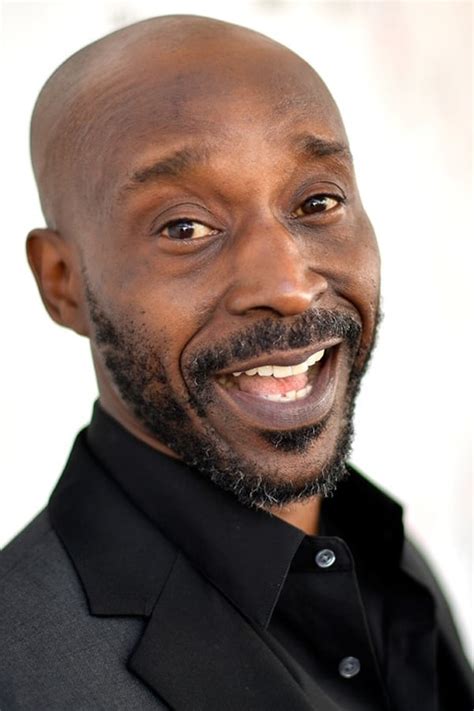A Quote by Edward Snowden
No system of mass surveillance has existed in any society that we know of to this point that has not been abused.
Related Quotes
When I was working in Japan, I created a system for ensuring that intelligence data was globally recoverable in the event of a disaster. I was not aware of the scope of mass surveillance. I came across some legal questions when I was creating it. My superiors pushed back and were like, "Well, how are we going to deal with this data?" And I was like, "I didn't even know it existed."
No matter the specific techniques involved, historically mass surveillance has had several constant attributes. Initially, it is always the country’s dissidents and marginalized who bear the brunt of the surveillance, leading those who support the government or are merely apathetic to mistakenly believe they are immune. And history shows that the mere existence of a mass surveillance apparatus, regardless of how it is used, is in itself sufficient to stifle dissent. A citizenry that is aware of always being watched quickly becomes a compliant and fearful one.
The Second Wave Society is industrial and based on mass production, mass distribution, mass consumption, mass education, mass media, mass recreation, mass entertainment, and weapons of mass destruction. You combine those things with standardization, centralization, concentration, and synchronization, and you wind up with a style of organization we call bureaucracy.
Someone recently talked about mass surveillance and the NSA revelations as being the atomic moment for computer scientists. The atomic bomb was the moral moment for physicists. Mass surveillance is the same moment for computer scientists, when they realize that the things they produce can be used to harm a tremendous number of people.
Merging the ability to conduct surveillance that reveals every aspect of a person's life with the ability to conjure up the legal authority to execute that surveillance, and finally, removing any accountable judicial oversight, creates the opportunity for unprecedented influence over our system of government.































